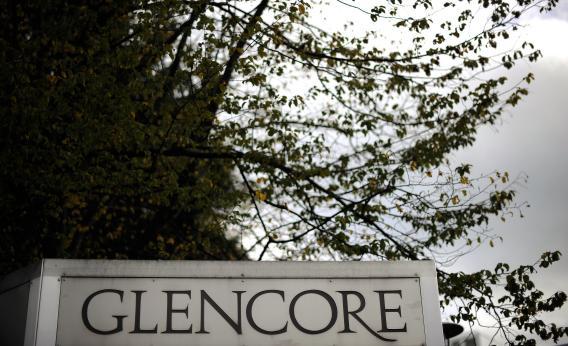Cheap money. Tick. Stable equity markets. Tick. Revenue pressure. Tick. Ideal conditions for a boom in mergers and acquisitions, surely? Spirits seem to be stirring in Europe, of all places, with BAE’s attempted union with defence peer EADS and Glencore’s heated pursuit of fellow miner Xstrata, while August generated a handful of multi-billion dollar U.S. deals. But not all the ingredients are in place to cook up a deal feast.
Financial conditions are certainly propitious for companies to take on debt and buy equity. Real policy interest rates are negative and shares are cheap enough that many companies offer cashflow yields higher than the interest rate on debt financing. As yet, though, the equity of choice for companies has been their own. Buybacks are buoyant, while global M&A volumes are down 17 percent year-to-date, including falls of 28 percent in the United States and 15 percent in Europe, according to Thomson Reuters data.
Adversity might encourage boldness. China’s growth is slowing, the U.S. recovery remains a work in progress and Europe’s has barely begun. That argues for deals to build scale, cut costs and obtain greater leverage in procurement - key, although not sole, drivers of the BAE-EADS talks. And assuming recovery is only deferred, now is the moment to buy capacity on the cheap. Building it is costlier and riskier.
So why are deal volumes so low? Because financing and logic aren’t enough. Chief executives, boards and investors all need to believe that deals offer more return than risk. That confidence is lacking. The Philadelphia Fed’s latest Business Outlook survey reported less optimism than in July. Shareholders are inclined to punish companies for increasing leverage.
Europe’s big deals give a false signal. Both have been in the works for ages - BAE-EADS from the late-1990s and Glencore’s since its holding in Xstrata became a large part of the trader-miner’s value. Besides, a deal would actually deleverage Glencore’s balance sheet.
A minority buyout here, a long-mooted merger there - deals will happen. But bankers shouldn’t spend the bonus yet.
